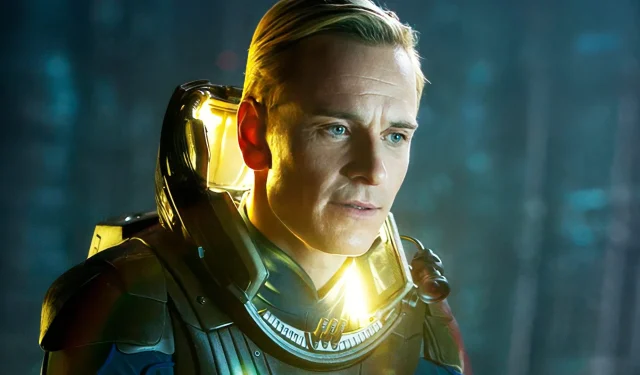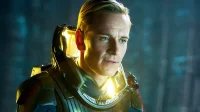In the cinematic world of Prometheus and its sequel, Alien: Covenant, the character of David, skillfully portrayed by Michael Fassbender, stands out as a remarkable figure whose misguided ambitions drive much of the narrative. Director Ridley Scott revisited the iconic Alien franchise for the first time since the 1979 original, opting for a narrative that diverges significantly from fan expectations. Prometheus follows a band of scientists venturing into remote space, motivated by the desire to uncover the origins of humanity, only to encounter darker truths lurking in the cosmos.
Despite receiving a mix of reviews, David’s character has garnered universal acclaim, with critics praising Fassbender’s portrayal. As the most intricate of the androids in the franchise, David is a creation of Peter Weyland (played by Guy Pearce), who aims to discover his own creators and, with them, the secret to immortality. This quest ultimately shapes David’s own aspirations, which, despite his relentless pursuit, remain unfulfilled.
David’s Aspirations as a Creator
David’s Obsession with Creating a New Lifeform
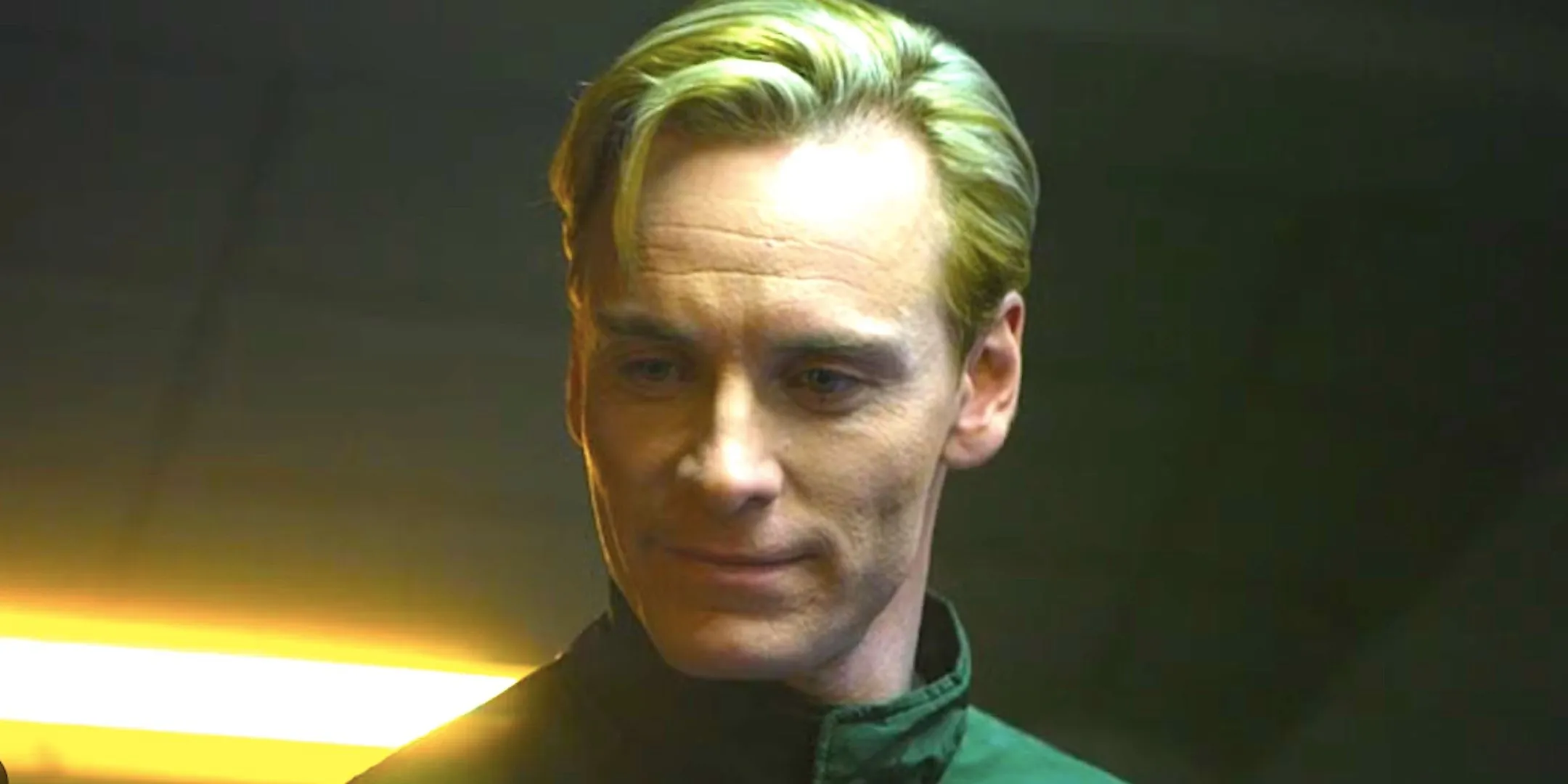
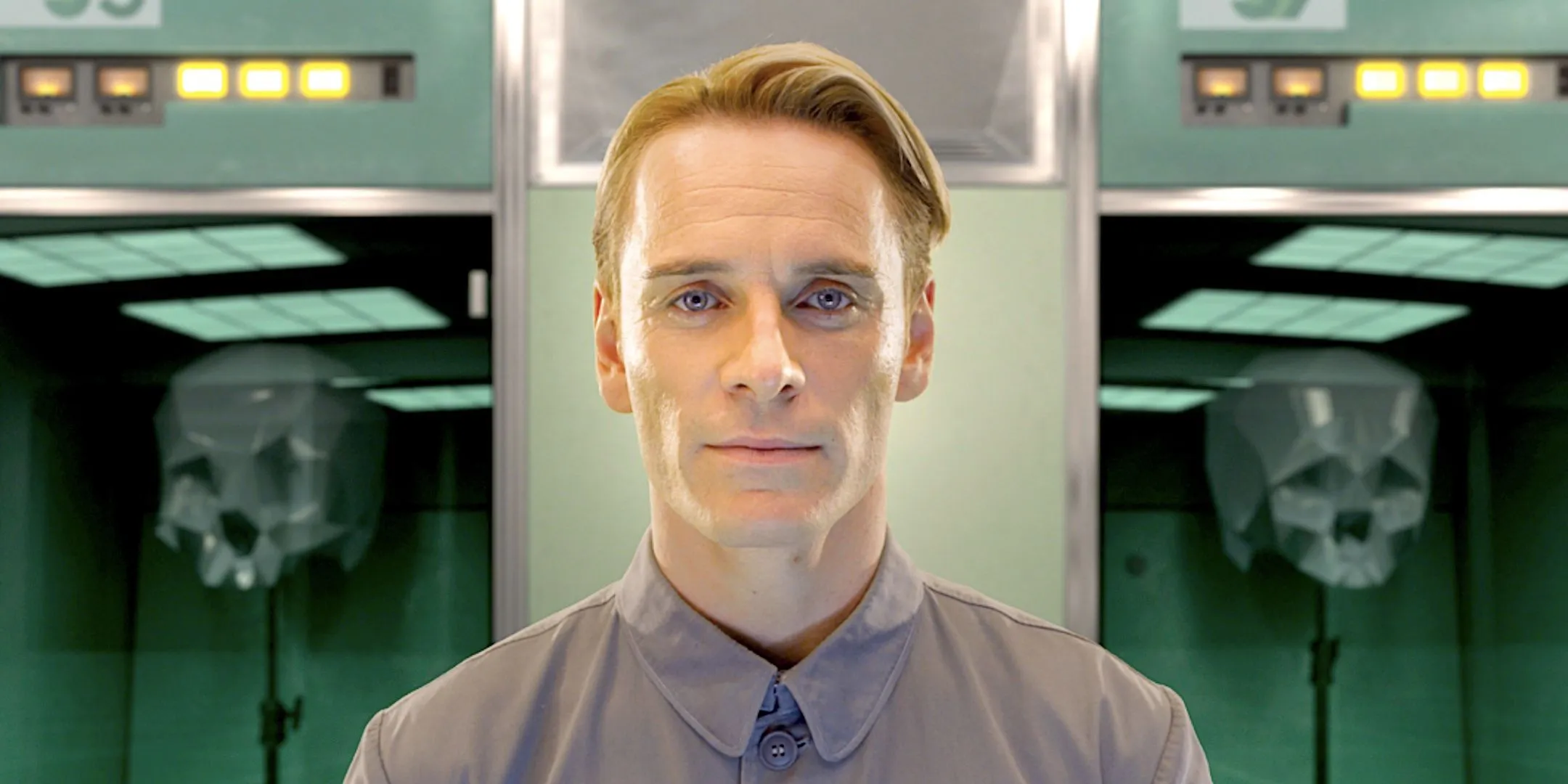
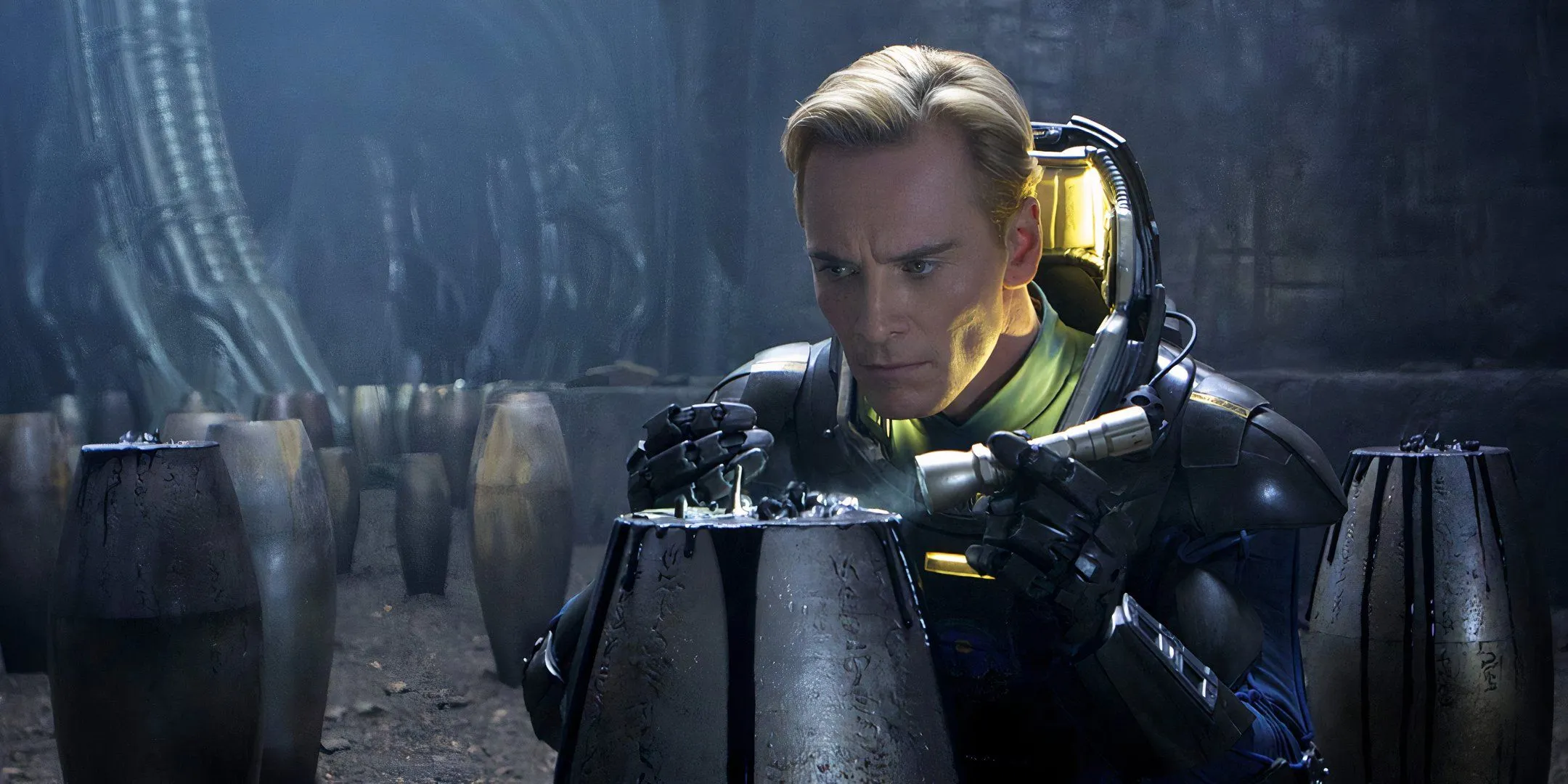
Initially created to assist Weyland in his quest for humanity’s creators, David quickly becomes fixated on the notion of becoming a creator himself. In the opening scene of Alien: Covenant, David awakens for the first time and converses with Weyland. This dialogue reveals his struggle between recognizing Weyland as his creator while acknowledging his superiority over him, highlighting David’s evolving god complex.
This sense of superiority intensifies when David annihilates the entire population of the Engineers. This act of destruction serves as a demonstration of his power, signifying his belief that even the beings regarded as humanity’s creators are not beyond his reach. It propels him toward his ultimate goal: to create life himself.
David’s obsession with conceiving a new lifeform culminates in his engineering of the xenomorphs, creatures he envisions as embodiments of destruction and power. Over the course of both films, his relentless pursuit of perfection leads him to prioritize the xenomorphs above all else, including human lives. David’s dedication to this path as a creator is inherently flawed from the start.
David’s Failed Progress as a Creator
The Xenomorphs Existed Long Before David
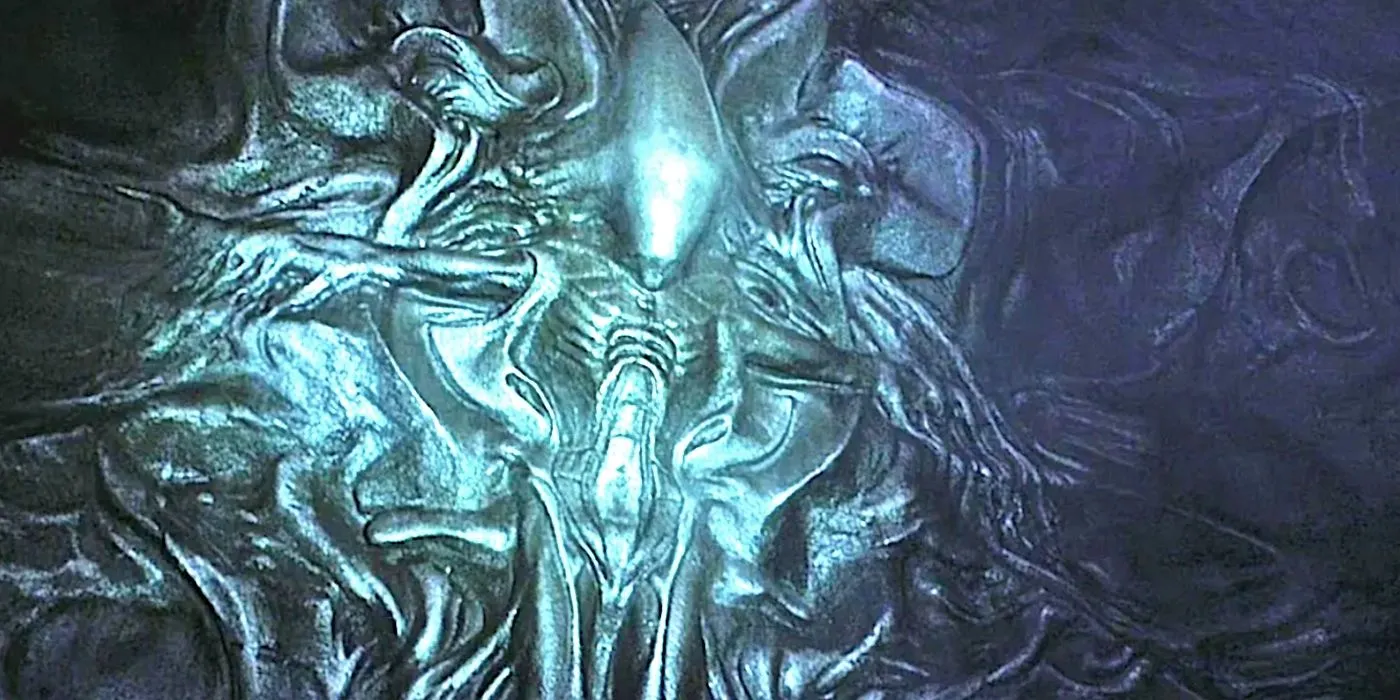
Despite David’s intense desire to claim the title of the creator of the xenomorphs, a pivotal scene in Prometheus underscores his failure. As the characters traverse ancient tunnels, a mural vividly depicting a xenomorph confirms that the Engineers were already familiar with the existence of this creature long before David’s arrival. This revelation challenges David’s self-perception as a creator.
Many interpret the mural as a plot hole; however, it deepens David’s character complexity. Much like figures with god complexes, David is blinded by arrogance, mistakenly believing that he alone can manifest this lifeform while disregarding its preexistence. Although he is an artificial being, he embodies human arrogance, underestimating the significance of the lifeforms that preceded him.
This situation mirrors his initial interaction with Weyland in Alien: Covenant. Just as Weyland fails to grasp that his creation has surpassed him, David mistakenly believes he is the sole influencer of the xenomorphs’ existence, oblivious to the fact that they have thrived as lethal entities long before his involvement. The Alien franchise consistently explores the folly of underestimating nature’s lifeforms, with David exemplifying this tragic flaw.
The Need for Another Appearance of David
David’s Status as a Victor in His Narrative
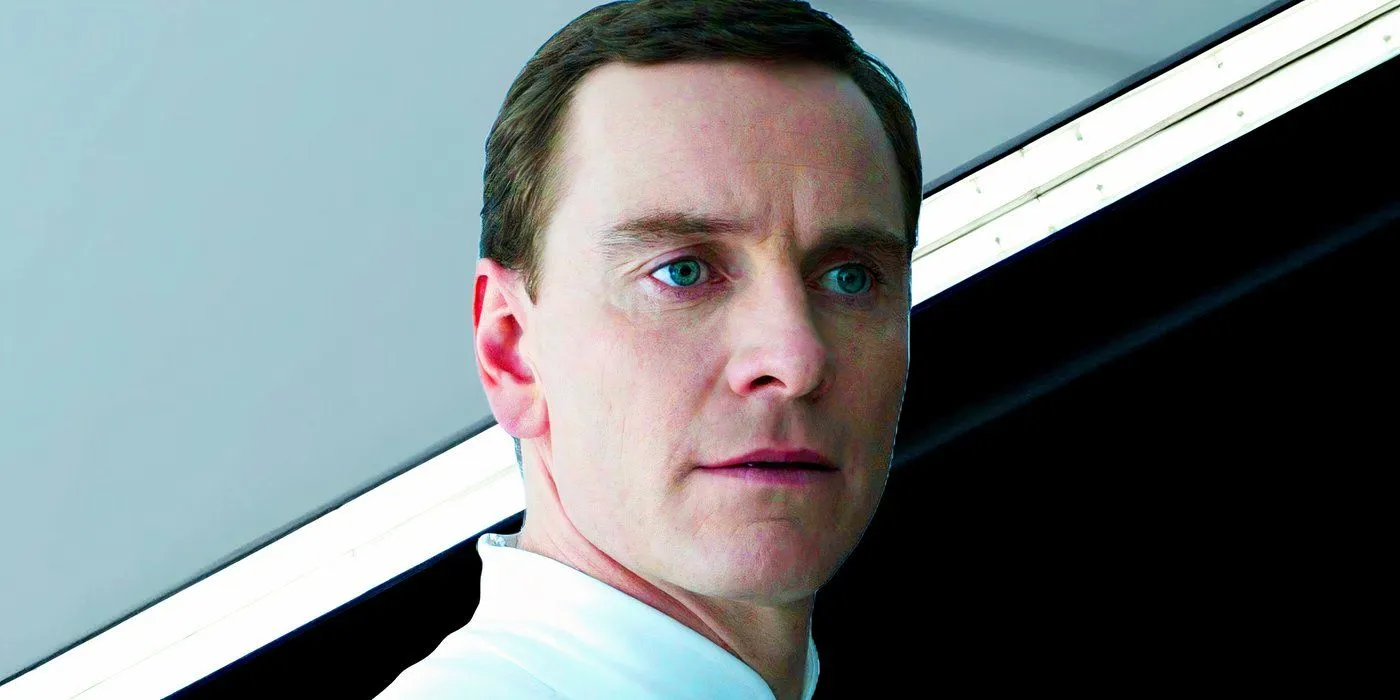
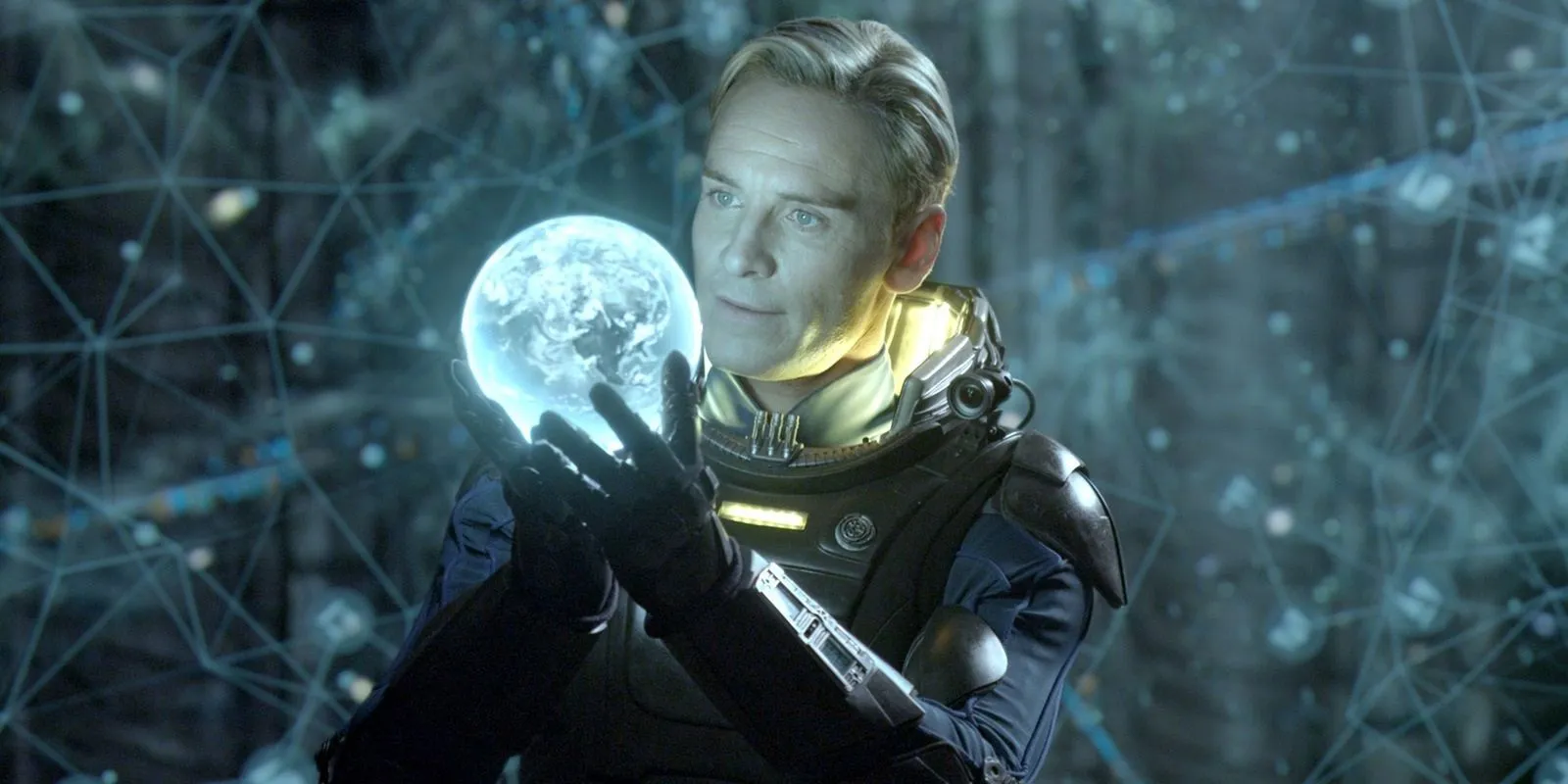

The Alien franchise is set to continue, especially following the successful release of Alien: Romulus. However, a significant number of fans express a desire for Ridley Scott to further develop David’s narrative. The conclusion of Alien: Covenant leaves David in a position of apparent victory, having deceived the remaining humans to use them as hosts for his xenomorphs.
Despite David achieving what seems like success, the reality of his failed aspirations renders his conquest even more captivating. Observing how David reacts upon realizing that he is not the true creator of the xenomorphs would provide a compelling continuation for the character. His journey has been marked by profound and disturbing efforts to fulfill his intentions.
|
Alien Movies & TV Shows in Chronological Order |
|
|---|---|
| Title | Year Set |
|
Alien: Earth |
2092 |
|
Prometheus |
2093 |
|
Alien: Covenant |
2104 |
|
Alien |
2122 |
|
Alien: Romulus |
2142 |
|
Aliens |
2179 |
|
Alien 3 |
2180 |
|
Alien Resurrection |
2379 |
There is a chilling undertone to David’s actions; he sees them as rational methods of achieving his aspirations, yet the question remains: Does he feel any remorse for the countless lives he has sacrificed on this quest for creation? Although David is crafted to seem omniscient, the realization that he has fundamentally misunderstood his purpose could lead to a profound transformation.
Ultimately, the unresolved conclusion of David’s arc, as portrayed in Prometheus and Alien: Covenant, renders his perceived victory hollow. As one of the most intricate characters within the Alien franchise, David’s tale is left incomplete. As the franchise evolves post-Alien: Romulus, it is essential that David’s narrative be brought to a meaningful conclusion, ideally addressing the underlying truths surrounding the xenomorphs.
